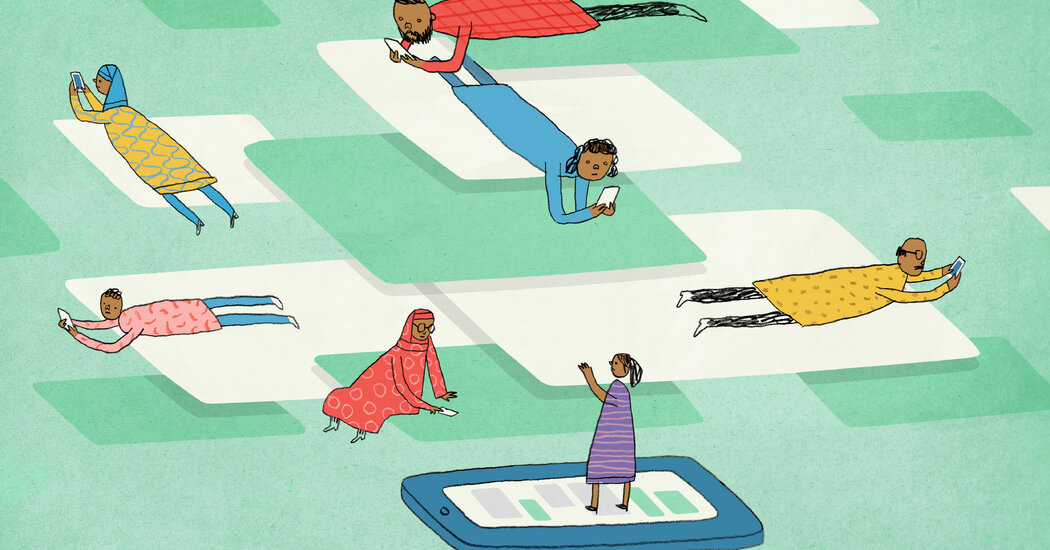
Sometimes my aunts and uncles would take the constant communication a little too far, sending pictures of their bruised legs (from bumping into tables) or bloody noses (from the dry heat), positioning their wounds in perfect lighting. Other times I would check my messages in the morning to find a picture of spilled juice with the caption: “just spilled my juice : (”
Yet even in these moments of pain or clumsiness, my family would spin it into a wish of togetherness by saying: “May God bring us together again so that I can help you clean up your spills.” Or “I hope that one day we’ll all be together so we can make sure none of us ever gets hurt again.” Slip-ups and mistakes occurred, according to them, from lack of familiar warmth. We were missing its spell, its protection, its remedial powers.
When more family members were able to escape Syria, settling in Turkey, Canada and Saudi Arabia, our group chat transformed into a venue for hosting weddings, baby showers and funerals. When my cousin got married in the U.S., she and her husband took turns “dancing” with her mother in Syria, twirling onscreen to the beat of the music, which crackled and fizzed through the iPad speaker and into her childhood home.
When another cousin had her first child, she watched as her daughter came to know her grandparents as people who could be conjured up and placed on tables, dropped and disconnected. When my uncle died, he was left frozen for days as his last message, a picture of his cat napping in clean laundry, before the flood of new conversation pushed him from view.
When the pandemic hit, forcing everyone into their homes, much of the world turned to FaceTime, iMessage, Zoom and WhatsApp to play online games, watch a movie together, try new things and document their experiences.
In the early months of isolation, amid questions of “What are you doing to stay connected?” that were continuously posed in my high school Zoom sessions, I was reminded of all the times over the past eleven years I had to learn what it meant to make a home out of the internet. As when my cousin and I were 12 and wanted to play a board game over Skype — in desperate search of the game-nights we had once held routinely in Syria.






